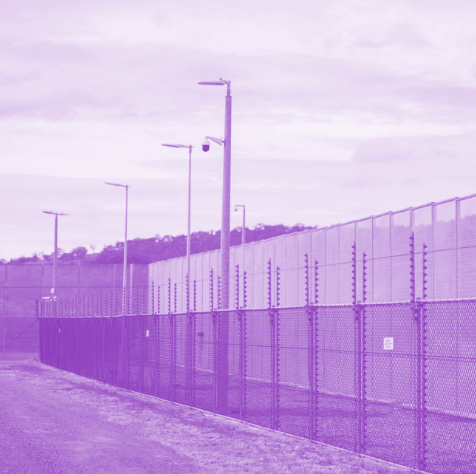Self-determination needed
 Indigenous groups say self-determination is key to addressing Aboriginal deaths in custody.
Indigenous groups say self-determination is key to addressing Aboriginal deaths in custody.
The president of the Law Council of Australia says the 30th anniversary of the Royal Commission into Aboriginal Deaths in Custody is a time for the government to “let go of the controls” and allow First Nations people to form their own solutions to issues that affect them and their communities.
Law Council president Dr Jacoba Brasch QC says the 1991 Royal Commission findings clearly showed that “too many Aboriginal people are in custody too often.”
“We must establish a national justice reinvestment body and expanded justice reinvestment trials, to redirect prison spending to early intervention and prevention strategies, comprehensive support, and ‘exit strategies’ to transition people out of the prison system,” Dr Brasch said.
“We need increased investment in social support services, including in remote areas, to stop the rapid increase in the number of Aboriginal women imprisoned, and to deal with the underlying reasons children become embroiled in the criminal justice system.”
Aboriginal and Torres Strait Islander imprisonment rates are still highly concerning, with 2,333 persons per 100,000 adult Aboriginal and Torres Strait Islander population imprisoned. This is compared to an imprisonment rate for the general adult population of 208 persons per 100,000.
Dr Brasch said Australia needs more “ambitious targets for reducing incarceration, and clear frameworks and sufficient resources in place to achieve them”.
She said state and territory-led law reform is needed to address how bail, parole and mandatory sentencing contributes to over-incarceration.
“We need increased funding for the Aboriginal and Torres Strait Islander Legal Services and Family Violence Prevention Legal Services,” Dr Brasch added.








 Print
Print